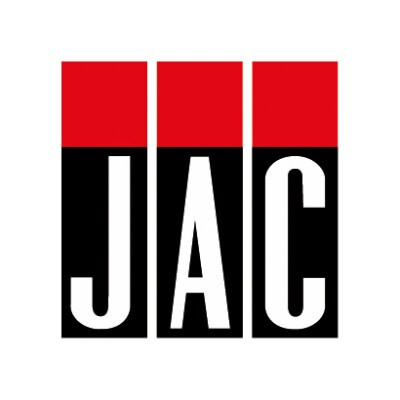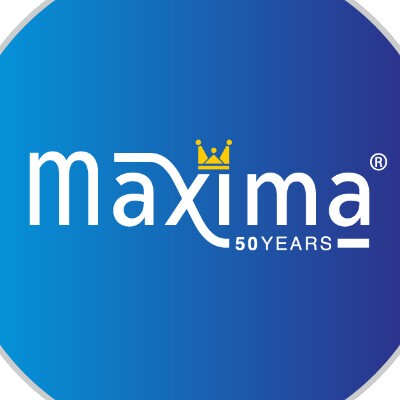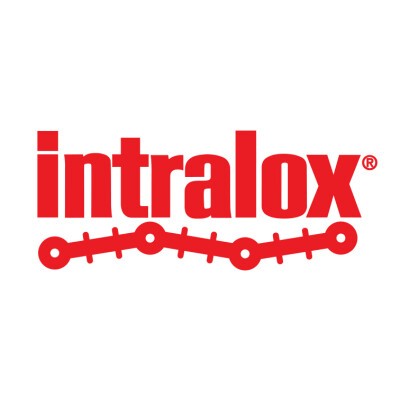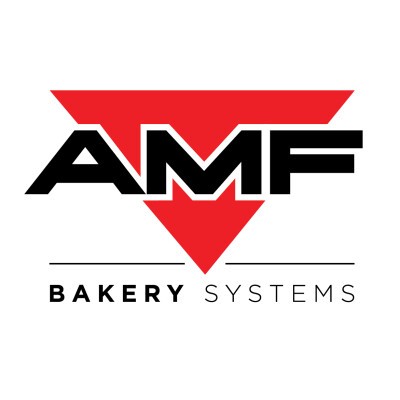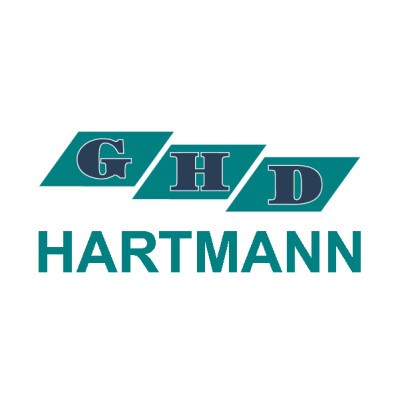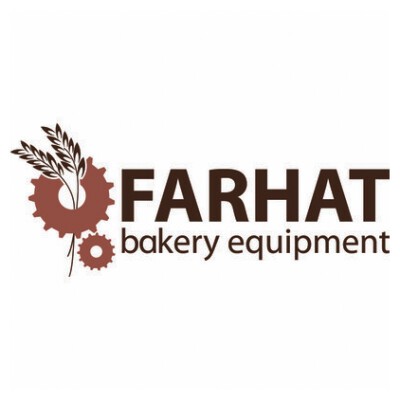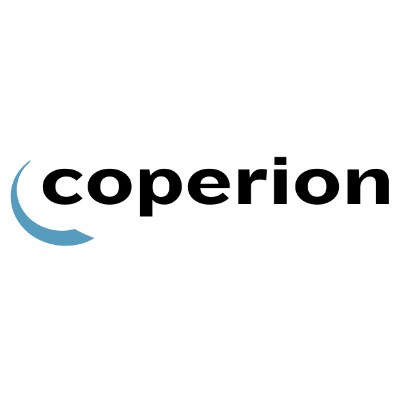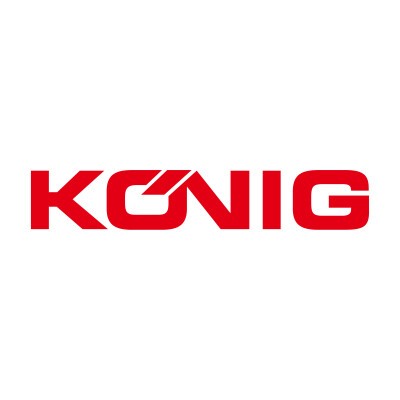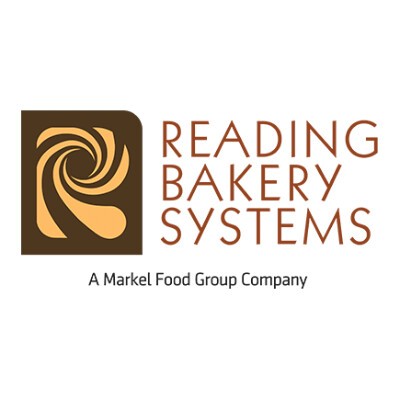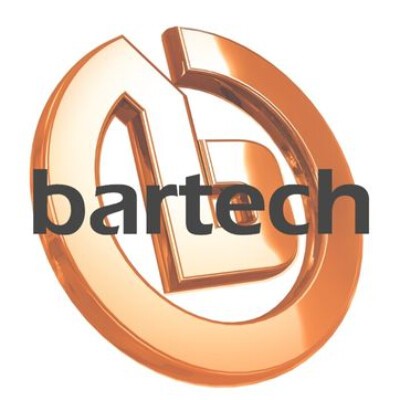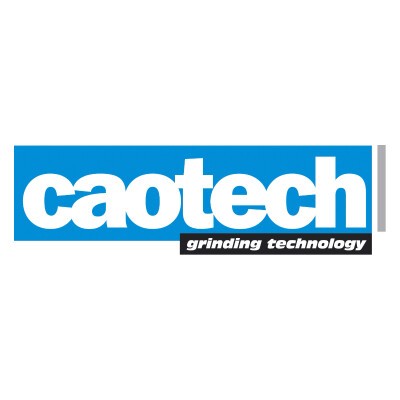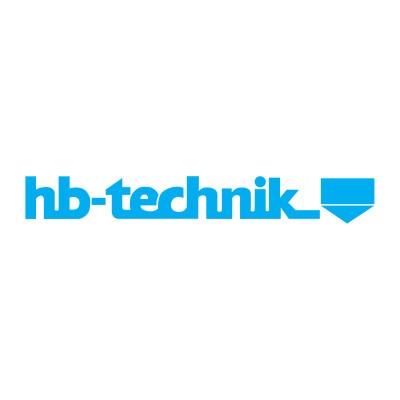Finden Sie, was Sie suchen, dank dem umfassendsten Branchenverzeichnis
Daten & Fakten 2025
Die iba Düsseldorf in Zahlen
985
Aussteller
62,6 %
der Fachbesucher sind Entscheider
70 Speaker
auf dem iba.FORUM
100.000 m2
Fläche
Beiträge der Aussteller und Anbieter
Aussteller im Spotlight
Das konnten Sie auf der iba erleben
Die iba 2025 in Düsseldorf (18. – 22. Mai) präsentierte sich als internationaler Treffpunkt für Bäckerei, Konditorei und Snacks. Auf über 100.000 m² Ausstellungsfläche erwarteten Besucher innovative Technologien, kreative Food-Konzepte und ein vielfältiges Rahmenprogramm.
Die nächste iba findet 2027 in München statt. Alle Informationen zur Leitmesse in der Bayerischen Hauptstadt können Sie hier nachlesen.
Impressionen der iba
Gute Geschäfte, volle Hallen und begeisterte Besucher: die iba in Düsseldorf war ein voller Erfolg! Erleben Sie die Messe in Bildern.
Auf nach Dubai!
Sie haben beim ersten Gewinnspiel eine Niete gezogen? Jetzt haben Sie die Gelegenheit Ihr Glück erneut zu versuchen.
Gewinnen Sie die Ausnahmereise von und mit Sven Mostegl nach Dubai.
Dafür müssen Sie lediglich Sven Mostegls E-Book “Die Brot Revolution” für 0,99 € erwerben und schon sind Sie im Lostopf.
Ehrenpreis des deutschen Bäckerhandwerks
Mit dem Ehrenpreis des deutschen Bäckerhandwerks werden herausragende Betriebe geehrt, die höchste Qualitätsmaßstäbe in der Branche setzen.
© Zentralverband des Deutschen Bäckerhandwerks
The iba UIBC Cup of Bakers
Sechs internationale Teams haben sich im Finale der ultimativen Herausforderung gestellt: Jetzt stehen die Gewinner fest.
Top Aussteller 2025
Rückblick iba 2025
Erleben Sie die Highlights, Eindrücke und Innovationen der iba 2025 noch einmal.
Von Analytik bis Tiefgekühlte und fertige Produkte: die iba.TOPICS im Überblick
Was gibt’s zu entdecken?
iba.UNIVERSE und die Veranstaltungswebseite sind jetzt eins. Dadurch positioniert sich die iba nicht nur als Messe vor Ort, sondern auch als unterjährige Plattform, die der Branche spannenden Input und Vernetzungsmöglichkeiten bietet. Melden Sie sich an und erfassen Sie Ihre Interessen. Unser Algorithmus generiert für Sie personalisierte Empfehlungen für Ihren Messebesuch.
Sie interessieren sich für die iba?
Medienvertreter, Besucher oder Aussteller: Hier finden Sie wichtige Informationen für Ihre Messeplanung.
Ihr Ganzjähriges Content Marketing
Die iba bietet Ihnen die Möglichkeit, Besucher und Mitglieder der Plattform das ganze Jahr über gezielt anzusprechen.
Für Aussteller und Anbieter
Sie sind Aussteller oder Anbieter auf der iba? Alle Informationen rund um Ihren Messeaufenthalt finden Sie hier.
Entdecken
Alle iba Highlights, Aussteller und Anbieter sowie das Programm und weitere Beiträge: Hier finden Sie eine Vielzahl an Informationen und Input rund um die Messe und ihre Aussteller.
Für Medienvertreter
Pressemitteilungen, Kontakt und mehr: Alles, was Sie als Medienvertreter benötigen.
Sie haben Fragen?
Kontakt für Besucher
Sie haben Fragen? Wenden Sie sich an unseren Besucherservice oder schreiben Sie uns eine E-Mail.
Kontakt für Aussteller
Sie sind Aussteller und haben Fragen zur iba?
Das Messeteam unterstützt Sie gerne.


